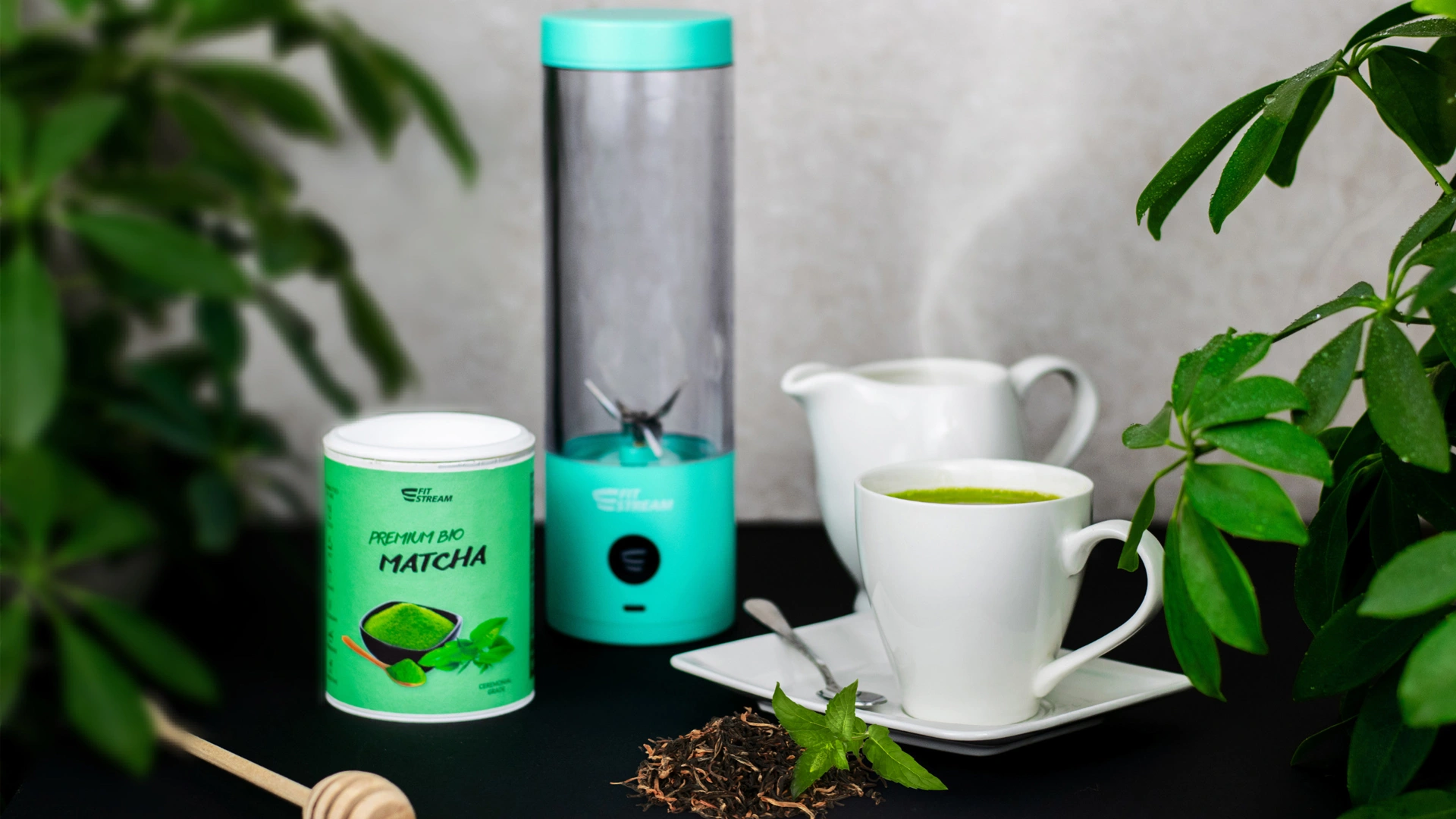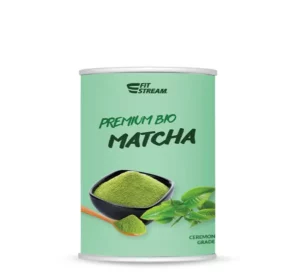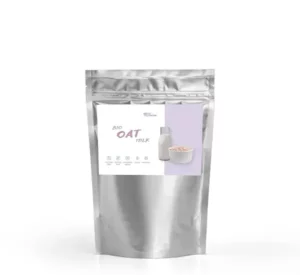Both green tea and coffee contain caffeine, which is a natural stimulant that can affect your alertness and energy levels. However, the way caffeine affects individuals can vary depending on several factors, including the amount consumed, individual tolerance, and its metabolic rate. In general, coffee is known for having a higher caffeine content per serving compared to green tea, and so for most people it often provides a more significant and immediate energy 'kick'.
Interesting fact: if you drink coffee with milk, you don't feel such an intense "kick" of energy because the fat in the milk slows down the absorption of caffeine.
Here is why coffee is usually considered to have a stronger and more immediate stimulant effect compared to green tea:
Caffeine content: Coffee generally contains more caffeine per serving than green tea. A typical cup of coffee can contain 80 to 200 milligrams of caffeine or more, depending on the brewing method and the type of beans used. In contrast, a cup of green tea typically contains about 20 to 45 milligrams of caffeine.
Rate of absorption: The caffeine in coffee is absorbed into the bloodstream fairly quickly, leading to a rapid increase in alertness and energy. This can result in an immediate "kick" or energy boost for coffee drinkers.
Tolerance: An individual's tolerance to caffeine can play a significant role in how it affects you. Regular coffee drinkers may develop a higher tolerance to caffeine, meaning they need more of it to achieve the same stimulating effects. Conversely, green tea drinkers, especially those who consume it less frequently, may be more sensitive to the caffeine in green tea.
Other compounds: Both coffee and green tea contain other compounds that can affect how caffeine affects you. For example, green tea contains the amino acid L-theanine, which can have a calming effect and can potentially offset some of the jittery or anxious feelings that caffeine can cause.
So while green tea may provide a mild and longer-lasting energy release, due to its lower caffeine content and potential synergy with L-theanine, it is generally less likely to give you a stronger "kick" feeling compared to coffee. However, individual responses to caffeine can vary greatly, so some people may find that green tea has a more pronounced effect on their alertness and energy levels than others.
If coffee or green tea gives you heart palpitations or weakness, try our healthier version. Premium Organic Matcha is a unique nutritional supplement that gives you a healthy way to boost your concentration, reduce cholesterol and accelerate fat burning. Matcha has also been used as a healthy alternative to drinking coffee, among other things, as it helps to boost energy and is a sought-after natural supplement that maintains concentration. In addition, it supports learning and memory.






